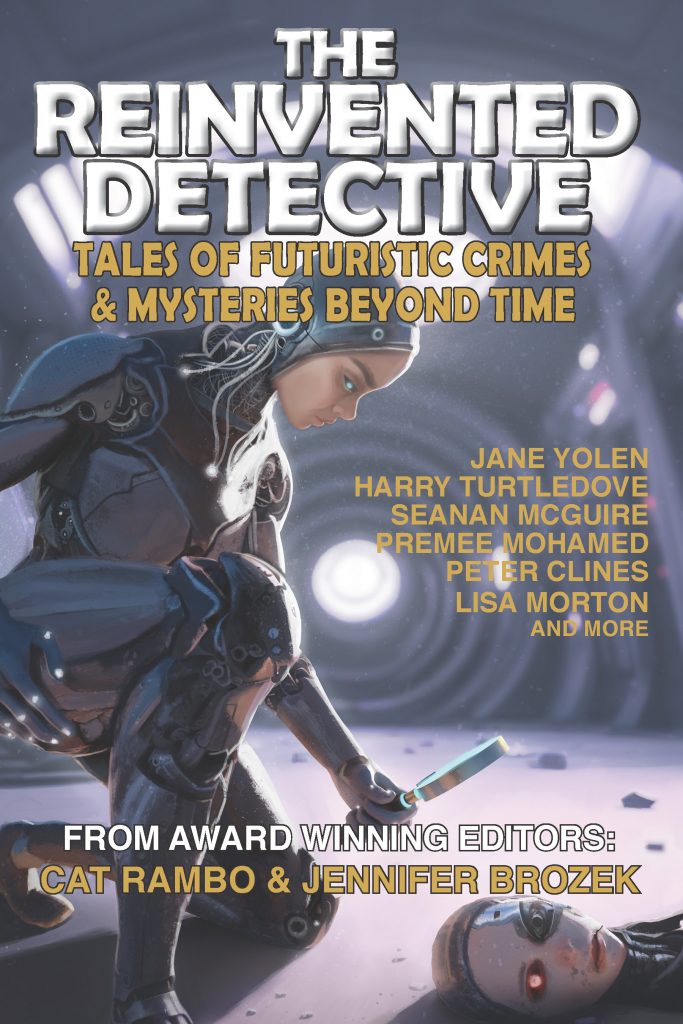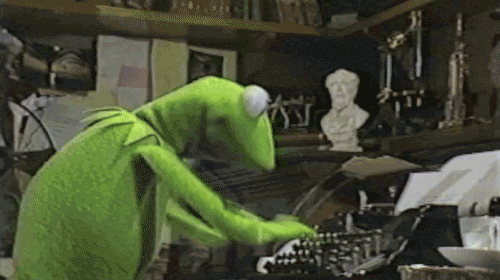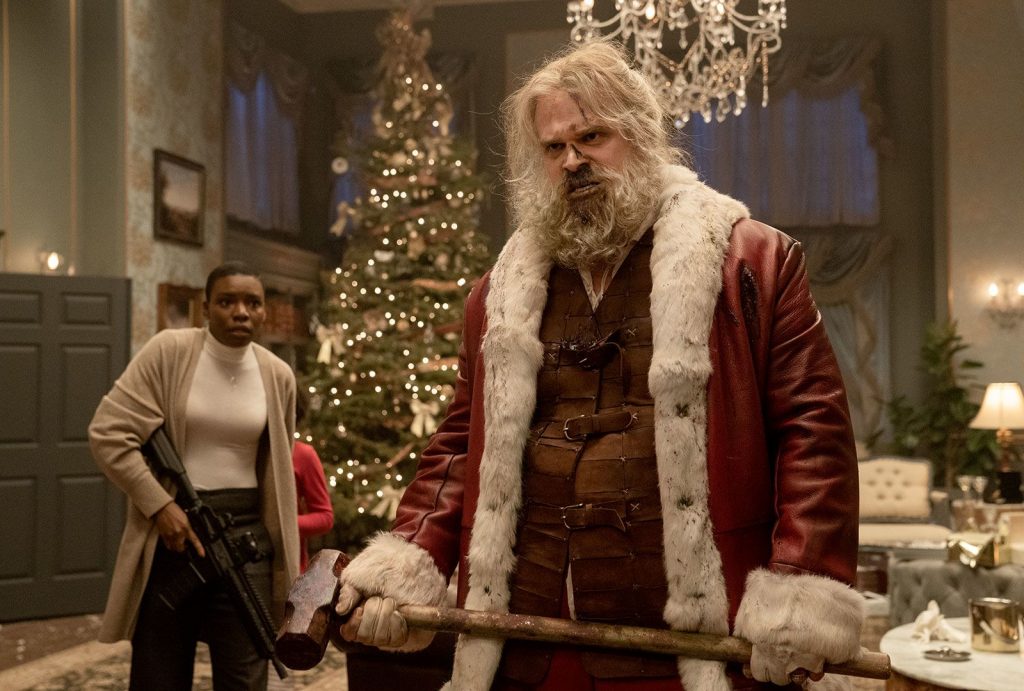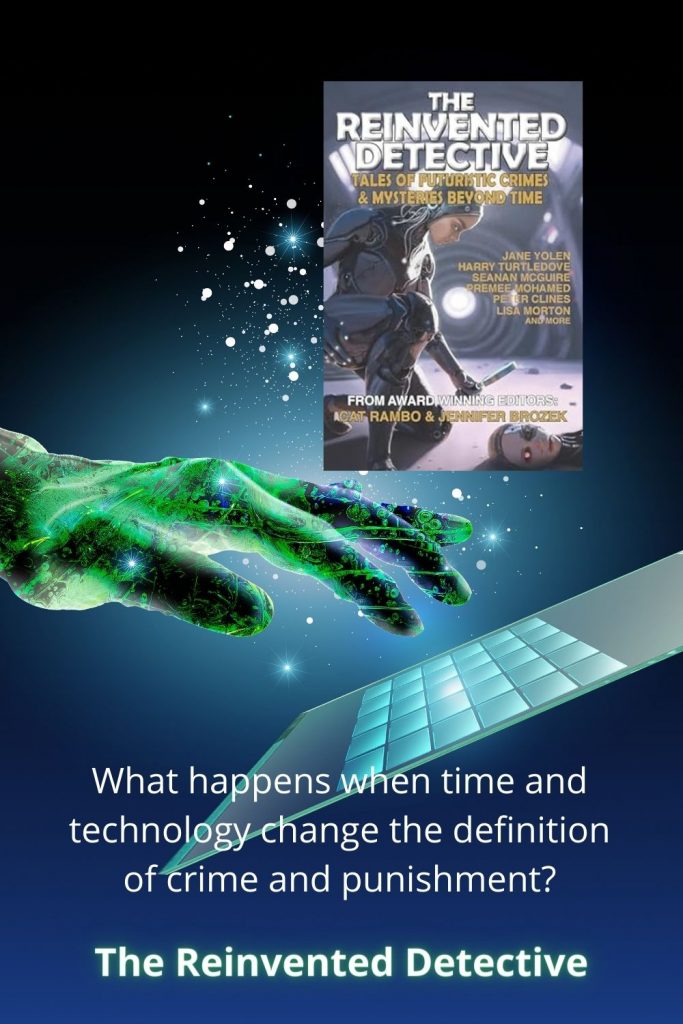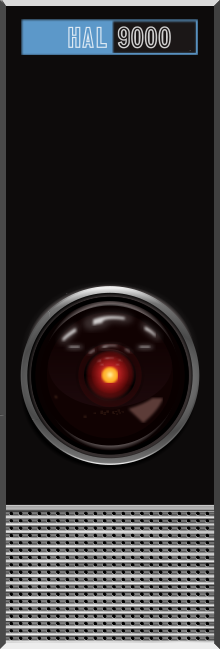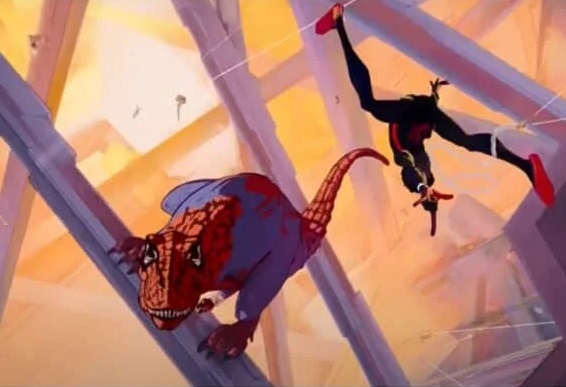Well, it’s that time of year again. Christmas movie time. Maybe you’ve got a bunch on DVD or BluRay. Perhaps you’ve gone all digital. Heck, I think most streaming services have playlists ready and waiting for you.
I thought I’d take shameless advantage of the holidays to revisit an idea that I haven’t talked about in a while. It’s writing in-general relevant, but as we’ll see it crops up a lot in holiday movies. Especially…
Well, I don’t want to get ahead of myself. Let’s start with basics.
A lot of story (in the bigger plot-vs-story sense) boils down to “what my character decides to do.” Are they going to play it safe, try to fade into the background, stay home and do those TPS reports? Or are they going take a stand, take a chance, and go on that adventure?
Usually these choices boil down to a binary. Do X or do Y. Suck it up or quit my job? Help the little girl or mind my own business? Tell the truth or try to keep it hidden for a little longer? There’s a few trillion examples of this. I tend to think of these as triangles. My character is one point (A), their two options (we’ll say B and C) are the other points. You’ve probably heard of romantic triangles, yes? That’s a pretty standard dramatic device that pops up in a lot of stories.
Now, here’s the catch. Triangles—of any sort—only really work when B and C are both viable options. If my choices are stay late at my soul-crushing job where I’m unappreciated or go see my kid’s school play… well, that’s not much of a choice, is it? and if my protagonist chooses to stay at work, well… what does that say about them?
Granted, there might be a very good reason to stay at work that counterbalances this. Maybe there’s a big bonus they really need for finishing on time? Could a promotion be in the balance? Heck, maybe they’re helping someone else out. No point both of us missing the play—you go, I’ll get all this cleaned up. All these are good, viable things. But they need to be there for that balance to work. Otherwise, my character’s just making bad choices.
This imbalance shows up a lot in romantic triangles. One person is sweet and funny and supportive and attractive and the other side is… well, horrible. Selfish. Self-absorbed. They scowl so much they have permanent wrinkles in their forehead—and they’re only 23! I mean, if my choice is to be with Sam or be with Roy, and Roy is a misogynistic Nazi… well, that’s not much of a choice, is it?
When we don’t have balanced options, there isn’t a lot of dramatic weight to the actual choice. It’s like Eddie Izzard’s old “cake or death” routine. It’s not that surprising that everybody picks cake. And if I base my whole story around “gosh, will Jamie pick cake or death? Which one’s she going to choose?!?”… I mean, it won’t really shock anyone when Jamie picks up the dessert fork, right? It’s not exactly a surprise outcome.
So when my characters needs to make choices, there has to be some value to each choice. It needs to be a choice that takes effort to make. If there isn’t, I run the risk of them looking… well, a little foolish at best.
Also, just to save someone the time, yes, sometimes my two options are both bad choices. But that’s still a choice with dramatic weight. Let your best friend die or let a hundred strangers die? Starve to death or cut off your own arm?
Now, on that note, I told you all this so I can talk about Christmas movies…
Christmas movies are a solid, dependable genre. And a subgenre of several other standard movies, too. People try to sound intellectual and artsy by talking about superhero fatigue, but in all seriousness—Christmas movies are the real machine. Look at Hallmark, Disney, and Netflix and add up how many new Christmas films and specials they’ve made between them this year. You’ll hit double digits, easy. Might even get close to triple digits. And that’s just three streamers! I mean, at this point Shudder’s got a very solid Christmas sub-genre going.
Now, one recurring theme we see a lot is the Christmas romance. Yeah, don’t lie. You’ve seen a lot of them. Probably this year. They can be oddly comforting, even though some of them are also really awkward and fumbly.
I’d like to talk about the awkward ones.
A pretty standard Christmas romance goes something like this. A young woman (it’s almost always a woman) falls for a guy who’s a few weeks away from getting engaged, married, etc. The two of them have chemistry, while his current partner rages away at her big corporate job, becomes a larval Bridezilla, or maybe is just a generally awful person. Eventually the guy comes to see the error of his ways and our two impossibly good-looking people end up together just in time to kiss on Christmas Eve.
(you know which movie I’m talking about, right?)
Now right off the bat, this is one of those unbalanced triangles I was talking about above. One good choice, one awful choice. Wow, what a shock how things went, right?
But there’s another problem here that’s a little tougher to notice at first glance. A really basic flaw in how a lot of these holiday movies set up their triangle. It’s why they always come across as a bit weird and the protagonists always seem a bit… well, wrong. And I think it’s one of those things that’s really easy for me to avoid once I see it all laid out
Let’s use that basic structure up above for our example. Our test story, so to speak. Alexis (A) has a meet-cute with Ben (B), who is in a relationship with Chloe (C). Amy and Ben have chemistry, Chloe is bordering on (if not openly) awful and clearly wrong for Ben. And it’s Christmas because… y’know, that’s when this always seems to happen.
Now, normally in one of these romantic triangle situations, our protagonist would be Ben. After all, he’s the one who needs to make a choice here, right? He needs to be active and decide if he wants to be with Alexis or Chloe.
But…
See here’s where it gets weird. Our protagonist is Alexis, but she’s technically the B in our “choose B or C” triangle scenario. So Ben’s the one choosing (the A), and she’s the one getting… chosen? See, that’s confusing just typing it out.
Plus, the only way I can make Alexis active in this situation is to have her do some, well, questionable things. If she tries to improve her relationship with Ben—all those normal romance beats like long talks and quiet dinners and shared passions—well, that kinda means she’s undercutting Ben’s relationship with Chloe. Which is a little tough, morally, no matter what we think of Chloe. And geeeeez, if things get physical to any level, well, now they both look bad. Alexis is making moves on somebody in a relationship. And Ben’s hooking up with someone else? I mean, how awful does Chloe have to be for us to be cool with him cheating on her? And if she’s not that bad, then… well, yeah, he’s a jerk. So why does Alexis want to be with him?
Yeah, okay, sometimes odd things happen between people in really specific situations. Everybody reacts differently to stress and fear and all that. Firm embraces may happen. Maybe even a kiss or desperate proclamation. But that’s a reeeeeeeeally fine line. Scary fine. It’s so easy for that situation to go from somewhat one-time excusable to what-the-hell inappropriate.
Y’see, Timmy, as I mentioned above, when Alexis is this point in the triangle, she isn’t the one with a choice to make. Not a real one, anyway. So she has two options. She can do nothing (which ends the story pretty quick) or she can try to disrupt Ben and Chloe’s relationship. Those are her only paths, as far as our plot goes, and neither of them is a great one from a storytelling point of view.
I think when writers make this mistake, they’re confusing the outcome with the choices that lead to it. We’ve all heard “the ends justify the means,” but this tends to ignore that the means I use also determines what kind of end I get. And more importantly, how we perceive those end results. There’s a bunch of ways Alexis and Ben can end up together, but a lot of those paths can make one (or both) of them into characters we don’t really like or care about. In some cases, we may even be actively rooting against them. Cause they’ll be horrible people.
Don’t worry about outcomes. Outcomes are the conclusion of a story. Think about the path to that outcome. The choices my character has to make in order to get there.
Because those choices are my story. They’re my plot. And if there aren’t any real choices, or they’re all being made by supporting characters, or they’re all just questionable, really bad choices… well…
I shouldn’t be shocked if people think it’s a bad story.
Speaking of stories and holidays, here’s a shameless reminder that ebooks and audiobooks make fantastic last-minute gifts. Have I mentioned those two anthologies that just came out? I’ve got a story in Joe Ledger: Unbreakable and one in The Reinvented Detective. And both of them have loose tie-ins to other work (hint hint hint).
Next time, I’ll probably do one of those annual round up/ list of accomplishment things all the cool kids are doing.
Until then, go write.
And have a happy and peaceful holiday season.


